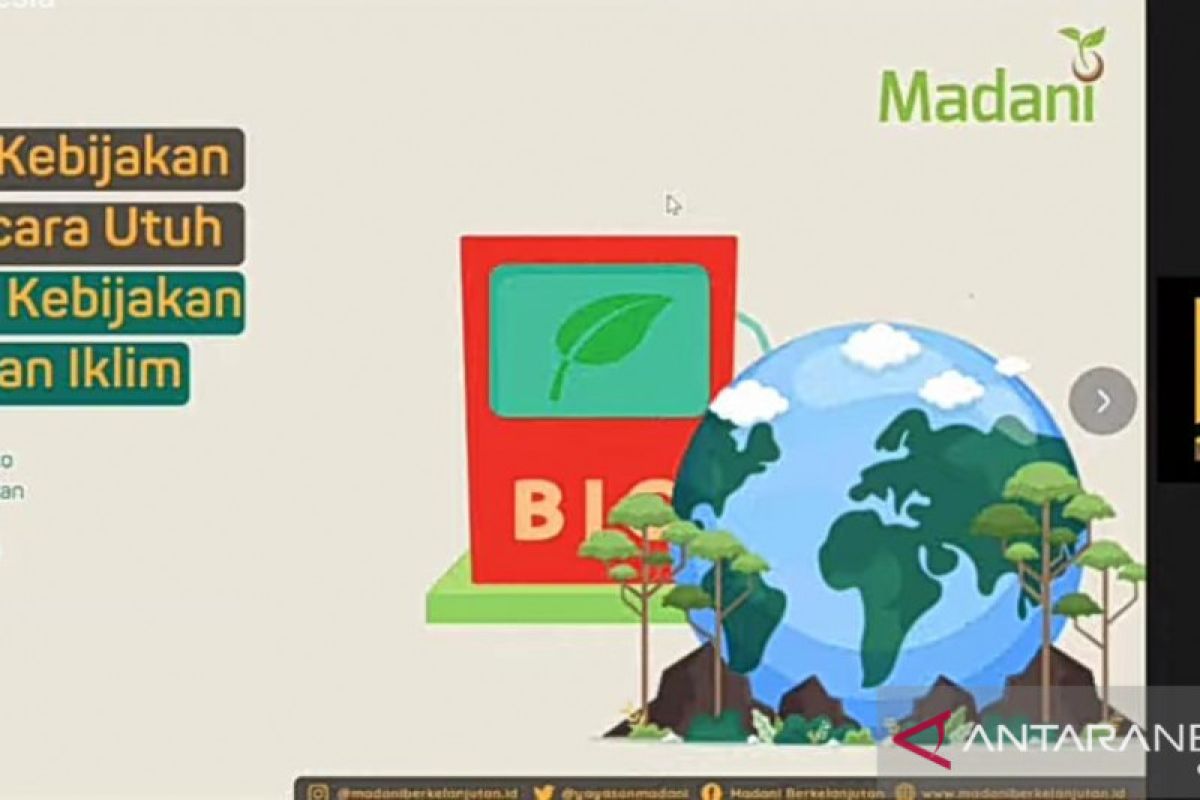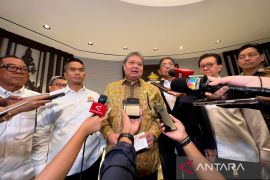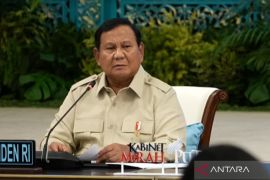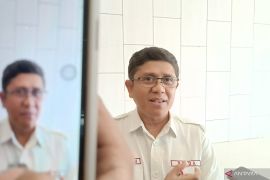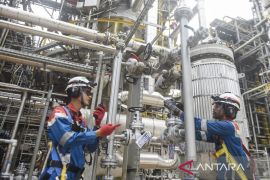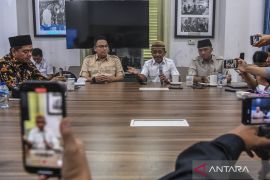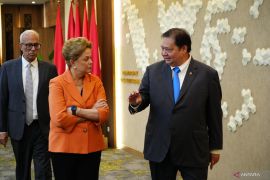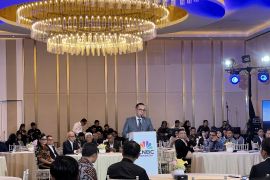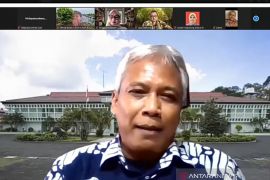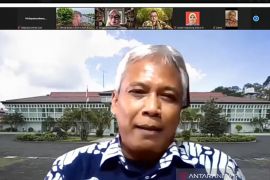"Madani invites all parties related to BBN to not make it a false solution. The organization wants to state that whatever the idea is, as long as it is thought out properly, it can be an answer," Indarto stated during the webinar "Food vs. Energy: Reviewing Biofuel Policy in Indonesia" here on Tuesday.
Indonesia remains committed to reducing carbon emissions by 29 percent through its own efforts and up to 41 percent with international support. Indarto noted that to this end, Indonesia should not solely rely on biofuel produced from crude palm oil (CPO).
Indarto noted that biofuel did not solely encompass biodiesel.
Related news: BPPT exhorts government to accelerate development of biofuel
"If it is only biodiesel, the meaning of BBN narrows down, and it is difficult to become a real solution to climate change. It also deems it as favoritism when it focuses on just one commodity," he stated.
Apart from biofuel raw materials still mainly derived from CPO, Indarto also pointed to the expansion of BBN usage in the country still encountering problems, such as the steep prices resulting in incompetence as compared to fuel oil (BBM).
"We have to figure out how BBN can compete with petroleum. Without incentives, biofuel is more expensive, and people prefer not to buy," he expounded.
Indarto also called for the governance of BBN in the upstream and downstream sectors to be well-connected. He also lauded that through the certification, the Indonesia Sustainable Palm Oil (ISPO) was strengthened, though certification for BBN produced from other raw materials also had to be issued.
Related news: Jokowi highlights Indonesia's efforts to attain energy autonomy
"There is also no integrated land planning dedicated to feedstock," he added.
In addition to the integrated plan to utilize land, the government needs to place a cap on palm oil plantations in Indonesia, so the risk of expanding them with Indirect Land Use Change (ILUC) can be reduced.
"We must know when we should stop clearing land for palm oil plantations, so our stock does not bulk, and we (must) look for buyers," he expounded.
Related news: Kalla asks public to remain alert for third COVID wave
Related news: Serang-Panimbang Toll Road to improve logistics networks: President
Translator: Sanya S, Kenzu T
Editor: Fardah Assegaf
Copyright © ANTARA 2021
